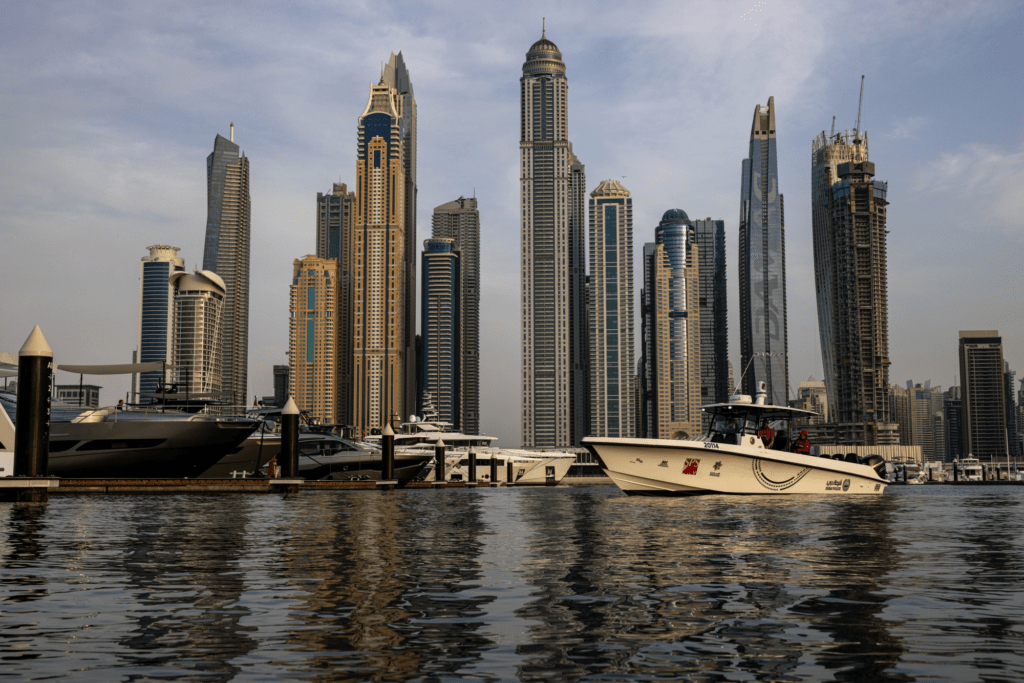
Russia’s luxury import market has been hit hard by Western sanctions, which have made it difficult for companies to import high-end goods such as watches, jewelry, and luxury cars. However, some Russian buyers have found a way around the sanctions by importing these goods through Dubai, a major hub for luxury imports.
Dubai is known for its tax-free shopping and its status as a major center for luxury goods, making it an attractive destination for Russian buyers. According to a recent report by Bloomberg, some Russian buyers have been using Dubai as a hub to import luxury goods that are then shipped to Russia, often through intermediaries in other countries.
The use of intermediaries allows Russian buyers to avoid sanctions and import goods that would otherwise be restricted. These intermediaries may be located in countries such as China or Turkey, which have looser regulations on luxury imports. By routing the imports through these countries, Russian buyers can bypass sanctions and get the goods they want.
Dubai has become an important hub for luxury imports to Russia in recent years, as buyers look for ways to get around the sanctions. According to data from the Federal Customs Service of Russia, the value of imports from the United Arab Emirates, which includes Dubai, increased by 15% in 2020, despite the pandemic and the sanctions. This growth is largely driven by luxury imports, with watches, jewelry, and cars being among the most popular items.
While the use of intermediaries may allow Russian buyers to bypass sanctions, it also raises concerns about money laundering and other illegal activities. Dubai has been criticized in the past for its role as a hub for illicit financial flows, and the use of intermediaries to import luxury goods may exacerbate these concerns.
In response to these concerns, the Russian government has taken steps to crack down on illicit financial flows and tighten regulations on luxury imports. In 2020, the government introduced new regulations that require importers of luxury goods to provide more detailed information about the source of their funds and the intended use of the goods. These regulations are aimed at preventing money laundering and other illegal activities, but they may also make it more difficult for legitimate buyers to import luxury goods.
The use of intermediaries to import luxury goods through Dubai also highlights the limitations of sanctions as a tool of foreign policy. While sanctions can be effective in limiting the ability of countries to import certain goods, they can also create unintended consequences and drive trade underground. In the case of luxury imports to Russia, the sanctions have created a thriving black market for luxury goods, which is difficult to regulate and control.
In conclusion, the use of Dubai as a hub for luxury imports to Russia highlights the limitations of sanctions as a tool of foreign policy. While the sanctions have made it difficult for companies to import luxury goods directly, Russian buyers have found a way around the restrictions by using intermediaries and routing imports through other countries. While this may allow buyers to get the goods they want, it also raises concerns about illicit financial flows and other illegal activities. As the Russian government seeks to crack down on these activities, it will be important to balance the need for regulation with the desire to promote legitimate trade and economic growth.
Written by- Gunjan S Jain, 5th Year BBA LLB, St. Joseph’s College of Law





0 Comments